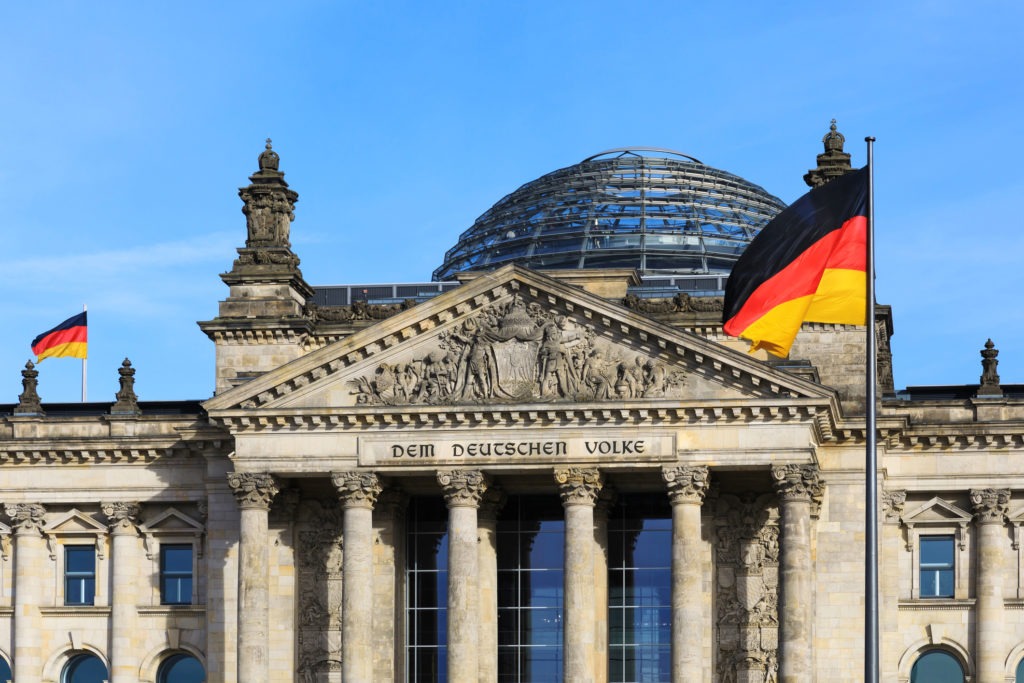New German emissions testing institution to boost consumer confidence
27 June 2017

27 June 2017
Germany is to set up a new organisation to test vehicle emissions, following fears that the current authority has too many close links with vehicle manufacturers to be able to restore consumer confidence in the procedures.
The KBA motor vehicle authority, which reports to the country’s transport ministry and currently oversees vehicle testing, will continue to do so until the new group is in place, at which time it will concentrate on licencing new vehicle models. The new institute will be comprised of consumer organisations, local governments and environmental groups as well as the automotive industry and ministries, in order to provide a ′more transparent and reliable’ vehicle test.
The ministry said the institute would test about 70 car models a year in real road conditions rather than in laboratory conditions, and the emissions and fuel consumption results would be made public to allow car buyers to make better comparisons. It noted that current official tests do not take into account factors such as the use of air conditioning and radio, or the weather or style of driving, which all influence fuel consumption. Some of these factors will be involved in the new Europe-wide WLTP testing procedures, due to start in September 2017.
Germany’s VDA automotive industry association has said in a statement that its members were keen to give customers more information about the differences in fuel efficiency and would be participating fully in the new institute to promote transparency.
Since Volkswagen (VW) admitted to cheating US diesel emissions tests in 2015, the German government has come under fire for not doing enough to crack down on vehicle pollution and for being too close to the country’s powerful car industry. The VW scandal highlighted the laxness of the European Union’s own tests, which are currently organized on a national rather than a pan-European level.
The European Commission is seeking broader supervisory powers, including the ability to impose fines on carmakers, but Germany is lobbying to keep vehicle testing and vehicle licensing a national affair.
Meanwhile the Transport Ministry has revealed the results of tests on 29 vehicle models it ordered as a result of the VW scandal. 17 models have passed while 10 still need to be checked, with two models failing. Some versions of an Opel Zafira and a Smart ForTwo produced more CO2 than they should, although according to the Ministry, the Smart required further testing. Both models are now discontinued and no longer on sale. Zafira diesels already on the road will have to undergo a software update, the ministry said, although the licenses for both vehicles will not be withdrawn.
Opel said the Zafira had passed all legal tests, noting fewer than 3,800 of the model in question had been sold in Germany.
In addition, there is now a push from the German Transport Ministry for carmakers to update the engine management software in up to 12 million diesel vehicles, to ensure that all are compliant with emissions regulations. This move comes ahead of national elections in Germany during September 2017 and is seen by some as lawmakers as ′flexing their muscles’ ahead of the vote.
Germany’s top car manufacturers have already volunteered a recall of 630,000 cars, doing so in April 2016, to fix diesel emissions management software. Yet that has failed to reassure regulators and policymakers that pollution levels are under control.
Since then several European cities including Stuttgart and Munich have considered banning some diesel vehicles, while others, such as London, look to increase congestion charge and parking fees to prevent them entering the city.
Lawmakers have now upped the pressure in closed-door talks with the auto industry. The ministry is in discussions with German auto industry associations VDA and VDIK as well as representatives from local governments to try and cut nitrogen oxide pollution by about 25%.
This could cost manufacturers up to €2.5 billion to update cars and the ministry is demanding that vehicles with engines conforming to the Euro 4, Euro 5 and Euro 6 standards be part of the recall. The government expects a solution to be presented before elections on September 24th, 2017.